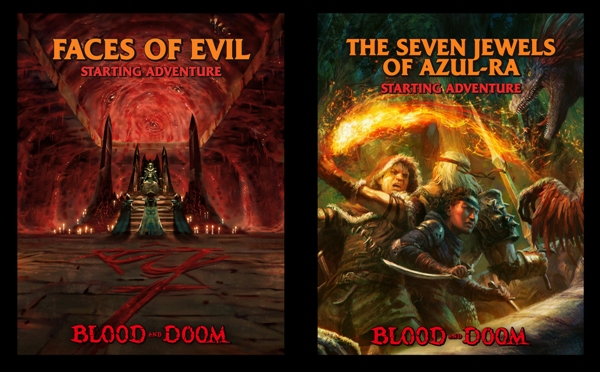
Liminal
Liminal is a modern urban fantasy role-playing game written by Paul Mitchener, published by Wordplay Games, and distributed by Modiphius Entertainment.
By Aaron T. Huss

Learn more about Liminal here
Purchase Liminal here (paid link)
Find other Liminal posts here
In an industry dominated by various forms of epic fantasy, it’s always a breath of fresh air to see industry leaders branching out into the settings that break from the norms. Modiphius is one of those publishers who they or one of the design studios they support are always breaking away from the norms to deliver something different to the industry (even if it’s a well-known setting). One of their latest endeavors comes out of development studio Wordplay Games by the name of Liminal.
Liminal is a standalone, modern fantasy game set in urban environments with a unique set of mechanics. Specifically, it is set in the urban areas of the United Kingdom and is akin to a mash-up of Dresden Files and World of Darkness. It is a setting that takes place in the “in-between” where the world of fantasy meets the world of reality but not everyone knows it’s there. Only those with specific talents or heritages know of these fantastical areas, how to find them, what they mean, and how to know what’s fantastical and what’s not. Obviously the concept of modern urban fantasy is not new; not by any regards. It is merely that these publishers bring us something new that isn’t a hack of the same old tropes that provides that fun, new experience.
Mechanically, Liminal doesn’t stray too far from the norms. It utilizes 2d6 plus modifiers to overcome a and adjustable target number according to difficulty. The modifiers come in the form of various character abilities and Skills; there are no base traits/abilities/whatever; only Skills. Those Skills define what your character is good at, providing the necessary boon to getting the job done. When I look at how characters are constructed, I like how the Skills are simple, yet concise, with a quantity to choose from that is just right for years of repeat gameplay. Differentiating one character from another truly comes to life through the application of different talents (Liminal calls them Traits) which define what your character is, rather than what they can do. Some of them are static bonuses, some of them are a bit more dynamic, but overall they seem designed to match the theme of the character concept. In all honesty, this is quite standard with game mechanics designed to be simple and flexible (what I refer to as rules-medium). In other words, if it wasn’t for these Traits, every character would end up feeling the same or at least very similar. If you choose to play Liminal, focus on the character concept and how you can tie Skills to Traits.
So what about the book and its contents? Well, like many… MANY tabletop role-playing games nowadays, Liminal was funded via Kickstarter. Thankfully, the production team had everything considered as the writing, editing, layout, graphic design, and artwork all look wonderful! I’ve seen many Kickstarter products where money was poured into artwork and graphic design, but the writing, editing, and/or layout (think organization of the content in a meaningful flow) was terrible; not so with Liminal. It’s also worth noting that Liminal as a setting within a core rulebook presents a number of options for repeat gameplay and the enjoyment of entire campaigns. Not only do you get a look at the base setting of the game (Britain, Northern Ireland, and the Hidden World), you also get a number of locales outside this setting should you decide to take your game elsewhere. For the GM, there is also a number of tools to get your games going and keep things interesting!
Is that it?! Yes, that’s it. There’s no fluff, there’s no background to the setting, there’s no rhyme or reason for why this world exists. It simply exists as an open sandbox for you to play in. The book is basically a rulebook with the mechanical representation of the setting, but no source material to go with it. When you read through the book, you get a sense that it’s designed for low-key, intrigue-style adventures and not high-action, pulp-like adventures. But I honestly don’t know what gives the game purpose. I guess the GM will have to decide or maybe another published supplement will provide that framework! (This should not be considered a downfall of the game; it is simply a design decision.)
I definitely see a lot of potential with Liminal. I like the simplicity of the mechanics and I like the theme; I am interest to see what they do with all their supplements!


